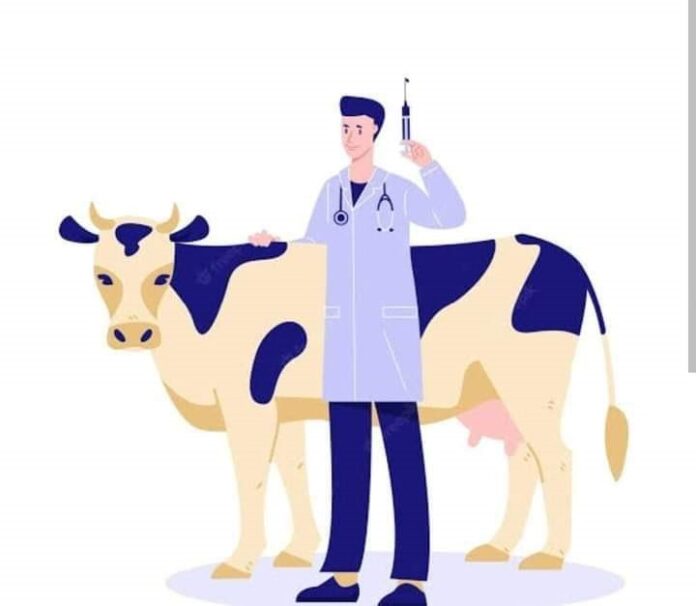The Impact of Veterinarians in Combating Zoonotic Diseases
-Madhusmita Singha, LCVSc, AAU
Abstract:
Zoonotic diseases, which can jump from animals to humans, pose significant threats to public health worldwide. Veterinarians play a crucial role in preventing, monitoring, and controlling these diseases. This article explores the multifaceted impact of veterinarians in combating zoonotic diseases, highlighting their roles in surveillance, education, research, and policy development. By examining case studies and global initiatives, we illustrate the vital contributions of veterinarians in safeguarding both human and animal populations from the growing risk of zoonotic diseases.
Keywords: Zoonotic diseases,Veterinarians ,Public health ,One Health ,Disease surveillance ,Zoonotic disease prevention,Zoonotic disease control,Education ,Research,Policy development
Introduction:
Zoonotic diseases, infectious agents that can be transmitted between animals and humans, have been responsible for a number of major outbreaks with global implications. The emergence and reemergence of zoonotic diseases, such as COVID-19, Ebola, and avian influenza, have underscored the importance of veterinary professionals in combating these threats. Veterinarians, with their expertise in animal health and a deep understanding of the interconnections between animal and human health, are essential in detecting, preventing, and managing zoonotic diseases. In this article, we examine the critical role of veterinarians in addressing zoonotic diseases, drawing on key examples and initiatives from around the world.
The Role of Veterinarians in Zoonotic Disease Surveillance:
One of the primary roles of veterinarians in combating zoonotic diseases is surveillance. They work in collaboration with epidemiologists and public health officials to monitor animal populations for signs of disease outbreaks. Early detection is crucial for preventing zoonotic diseases from spreading to humans. For example, veterinarians played a critical role in the surveillance and control of the H5N1 avian influenza outbreak, which had the potential to become a global pandemic.
Zoonotic Disease Prevention and Education:
Veterinarians also educate the public and other professionals about zoonotic diseases and how to prevent them. They promote responsible pet ownership, safe food handling practices, and the importance of vaccination. Through educational campaigns and community outreach, veterinarians raise awareness about zoonotic risks, empowering individuals to take necessary precautions.
The Contribution of Veterinary Research:
In addition to prevention and surveillance, veterinarians engage in research to better understand zoonotic diseases. They study the transmission pathways, reservoir hosts, and the evolution of these diseases. Research conducted by veterinarians has contributed to the development of vaccines, diagnostics, and treatment strategies. Their work is essential for staying ahead of emerging zoonotic threats.
Policy Development and Advocacy:
Veterinarians also play a pivotal role in shaping policies related to zoonotic diseases. They provide valuable input to government agencies, international organizations, and non-governmental bodies to create guidelines and regulations that help manage and control zoonotic disease outbreaks. The “One Health” approach, which recognizes the interconnectedness of human, animal, and environmental health, has gained prominence with the input of veterinarians advocating for a holistic approach to zoonotic disease management.
Case Studies and Global Initiatives:
Throughout this article, we will explore case studies and global initiatives that highlight the diverse ways veterinarians have contributed to combating zoonotic diseases. These examples will illustrate the significance of their role in safeguarding both human and animal populations.
Conclusion:
Veterinarians are at the forefront of the battle against zoonotic diseases, leveraging their expertise in surveillance, prevention, education, research, and policy development. Their efforts are essential in safeguarding public health and ensuring that zoonotic diseases do not result in widespread outbreaks. By recognizing the invaluable contributions of veterinarians in this field, we can better appreciate the collaborative efforts required to mitigate the risks posed by zoonotic diseases.



